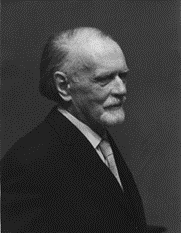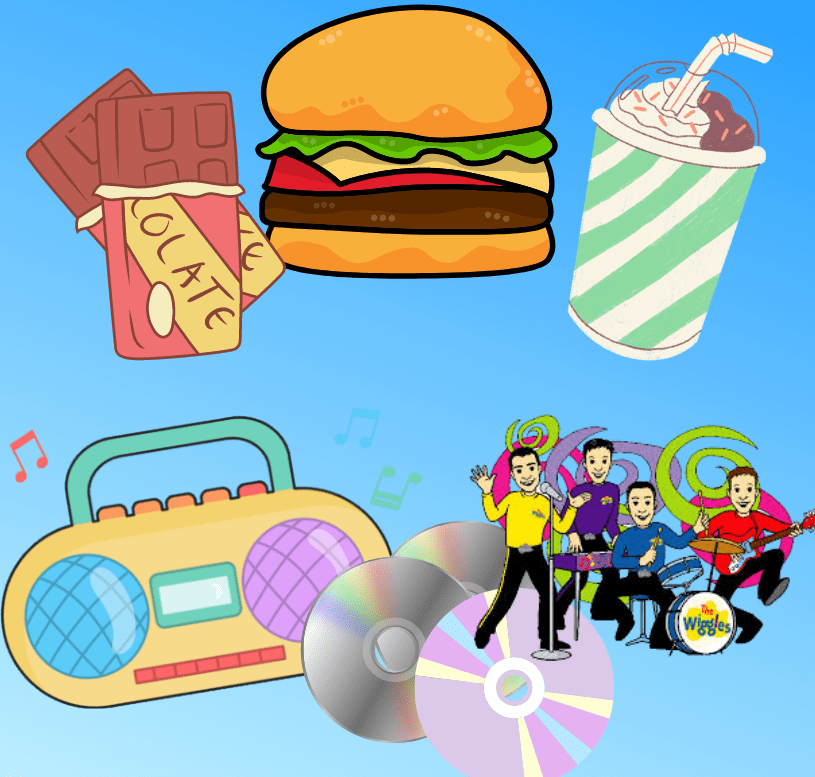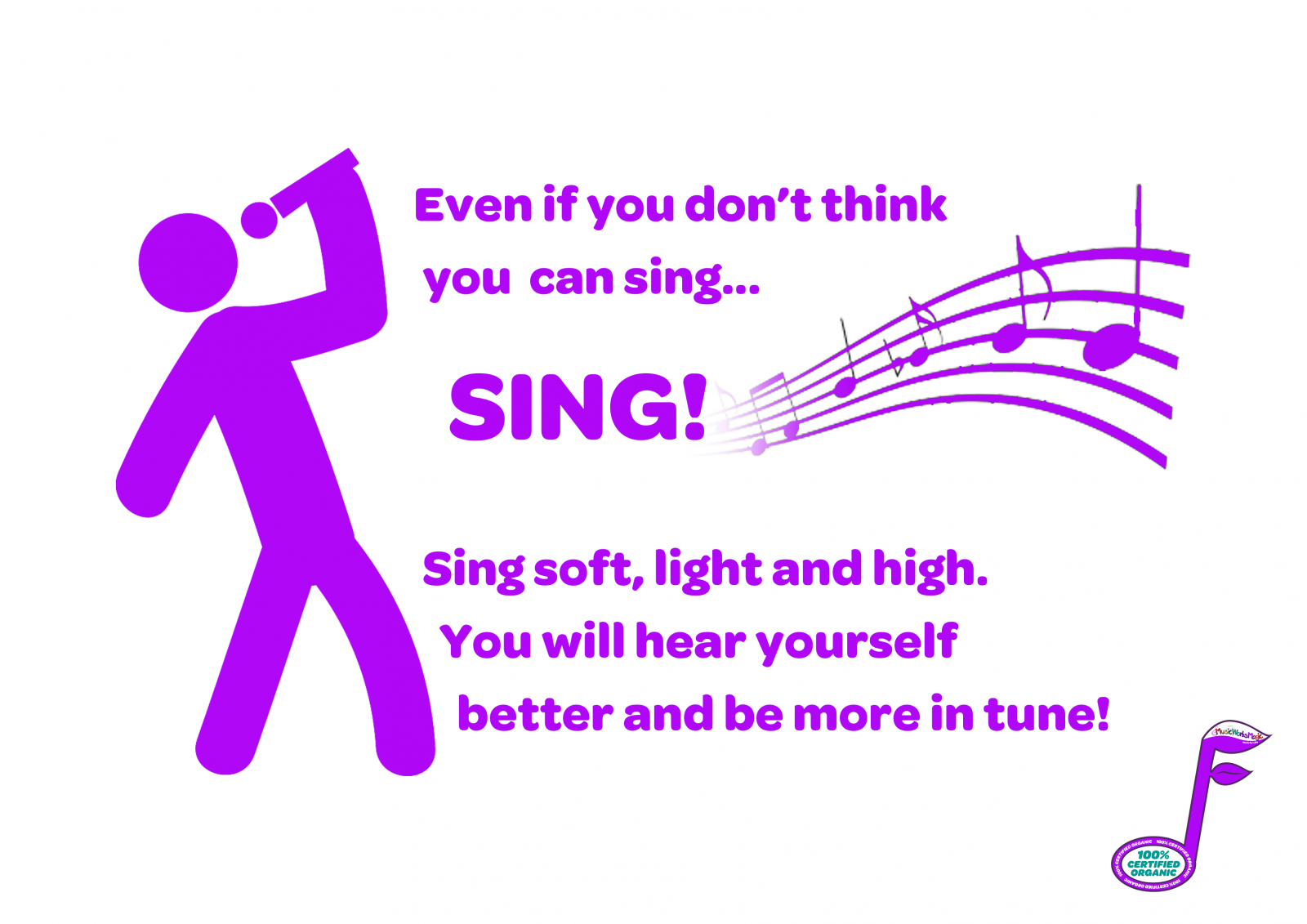In 1951 Zoltán Kodály said, “What a child has heard in his first six years of life cannot be eradicated later. Thus it is too late to begin teaching at school, because a child stores a mass of musical impressions before school age, and if what is bad predominates, then his fate, as far as music is concerned, has been sealed for a lifetime.”
This begs the question, what is ‘bad’, as far as music education is concerned?

At the time of Kodály’s comment, our world was beginning to get noisy – with the proliferation of radio broadcasts, recorded music and even television sets becoming popular amongst certain sectors of society. Before these inventions, the world was far quieter and as a result, we sang – high, low and everything in between, gently, boisterously, as the occasion inspired. There were no buttons to push so for generations we produced our own sounds – our own songs.
The Over-consumption of Processed Music
Music Works Magic Founding Director, Dr Anna Mlynek-Kalman, likens processed music to processed food.

While some processed foods are a really yummy treat, none of us would suggest that a diet that is exclusively processed foods is ever going to be the preferred option for health and well-being. Even the most devout chocoholic would get sick of eating chocolate all day, every day.
In particular, children need a varied diet that is high in more natural foods, providing a strong base of nutrients for healthy growth and development.
Similarly, highly processed (or synthesised) music is fine as a treat. Especially for children under 6 (as per the quote by Zoltán Kodály above) though, we want to ensure a music diet that is mostly organic, whereby music and song is produced by live humans in real time, as
opposed to pushing a button to create noise. Unfortunately, it is now more common for carers and educators to encourage young children to run around (dancing) and scream over the recorded music (singing) than to enjoy the vocal sounds and musicality we each have innately from birth.
A Generation that ‘can’t sing’
Today, as a society, we have lost the ability to just sing and enjoy the experience. We compare our voices to the (heavily produced) leading singers of the day and so, many of us are reluctant to sing with our babies and children, worrying that we ‘can’t sing’. Upon being asked to sing, a common, alarming response is akin to ‘being asked to jump off a cliff’. An extreme response! So what is the message for our children?
Research shows that 98% of the population can actually learn to sing tunefully when immersed in the right sorts of positive, nurturing experiences. As babies, we all sing and make vocal sounds in our cots, thus beginning as ‘developing singers’. Being exposed to the language of music through experiences that help us gain an awareness of our voices, and become reflective of what we hear, builds confidence in what we can do musically.
Music is for Life
Music creates and bonds communities, and families. Being immersed in a diet high in organic musicking experiences, such as those taught in the Music Works Magic Elsternwick studio, has been shown to substantially help us find the confidence to play with our voices, warm them up and find our singing voices.


Recent Comments